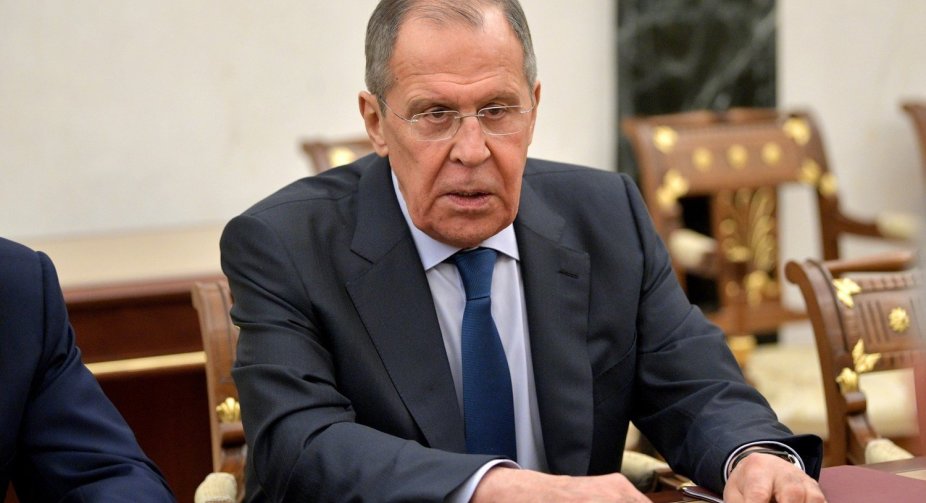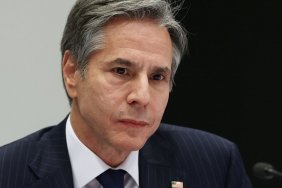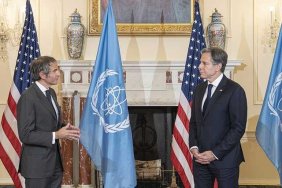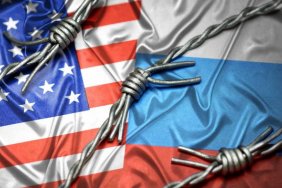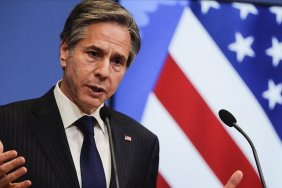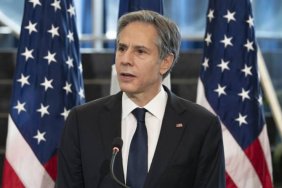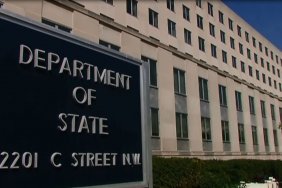A meeting between Russian Foreign Minister Sergei Lavrov and U.S. Secretary of State Anthony Blinken is over. The talks lasted an hour and a half.
The sides discussed the way forward with regard to Moscow's proposals on security guarantees.
Lavrov said at a news conference that the meeting with Blinken was "intermediate."
"The meeting we had was intermediate. Anthony Blinken told me that he was satisfied with the exchange of views that took place, which will help them next week, this has already been stressed several times, to provide us with a written reaction," he said.According to him, at the talks, Russia heard a preliminary verbal reaction from the United States to its proposals on security.
"We have already heard the first U.S. reaction, so far verbal, to what was discussed in those formats at the level of our deputies. The reaction, as the U.S. side asked us to do when it proposed this meeting - the reaction was preliminary," he said.
According to him, the meeting "was accompanied by some clarifying questions to us, the answers to which will help the U.S. side... prepare a written response to our written drafts of the treaty with the U.S. and the agreement with NATO."
Lavrov noted that the U.S. side once again used the argument about freedom of choice of alliances when discussing the rejection of NATO expansion.
"We cited a number of documents in which this freedom of choice of alliances is conditioned on the need to avoid any steps that would strengthen the security of one state at the expense of the security of other states and asked Anthony Blinken and his team to explain how they interpret this part of those obligations, which were politically adopted at the OSCE and repeatedly confirmed at the OSCE," the Russian minister said.
He reminded that the anti-Russian orientation of NATO is fixed in the doctrine of the alliance and that is why Moscow is against expansion of the bloc in principle.
He said that he had discussed the situation in Ukraine with Blinken. The Russian foreign minister also said that Russia "is not going to attack Ukraine."
"Russia has never threatened Ukraine through the mouths of its official representatives," Lavrov said.
According to him, the Ukrainian issue requires close attention, but it should not be reduced to a question of security in all of Europe.
Lavrov is "almost certain" that there will be a passage about Ukraine in the U.S. written response.
"I do not rule out the possibility that all this hysteria, which our Western colleagues are now spinning, is aimed at, if not provoking any Ukrainian military action in Donbass, then at least to cover up the Kiev regime's line of total sabotage of the Minsk agreements," Lavrov said.
